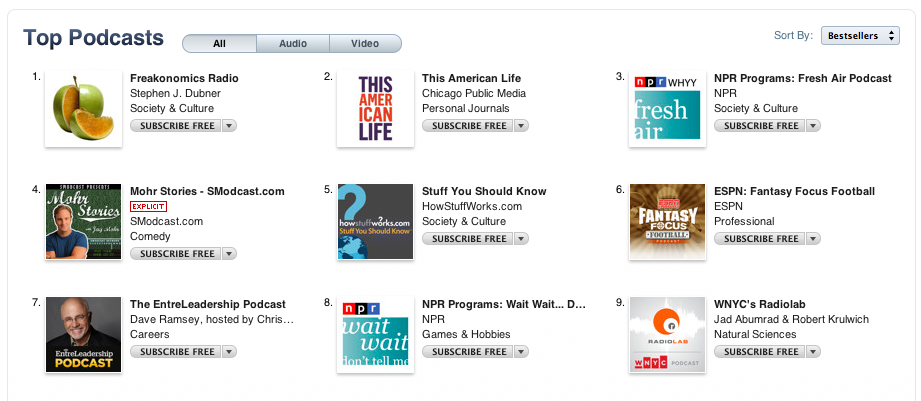Who Is Alan B. Krueger?
President Barack Obama nominated a new chair of the White House Council of Economic Advisors on Monday: Princeton labor economist Alan B. Krueger will replace outgoing chair Austan Goolsbee. Krueger, 50, is known as a strict “empiricist” with a broad range of economic knowledge, having researched topics as diverse as subjective well-being to the relationship between the minimum wage and employment.
His 2007 book, What Makes a Terrorist, explores the economic roots of modern-day terrorism. Which Levitt has blogged about here on several occasions. Krueger was also presented Freakonomics with an award in 2006 at the National Council on Economic Education.
Krueger’s biggest asset in the job will likely be his expertise as a labor economist, as the Obama administration is desperate to reduce unemployment heading into the 2012 election.

